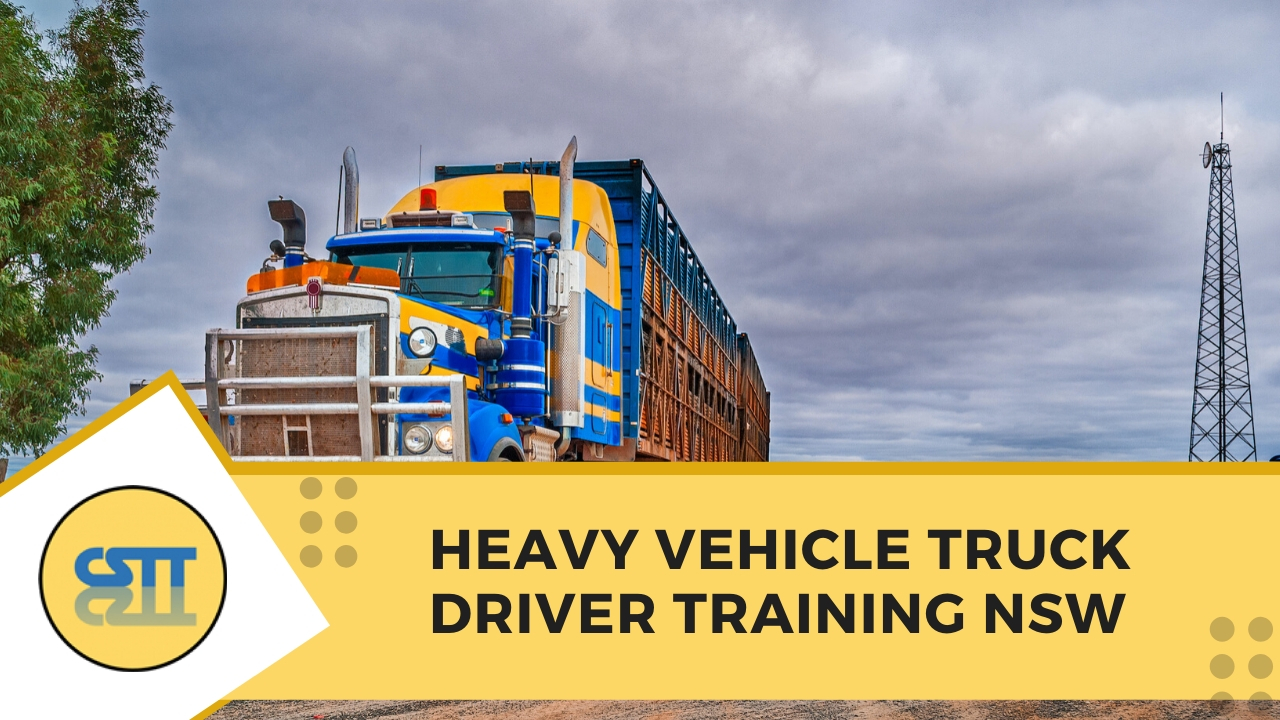If you already have the title of transporter and you are going to start practicing the truck driving profession you are surely interested in knowing everything about efficient truck driving.
In this post, from Chris Shilling Transport Training, with the aim
that you become a great professional in the sector, we tell you what efficient truck
driving consists of, we talk about how to save gas, and much more.
Don't miss the best efficient driving techniques!
What is efficient driving?
Efficient truck driving consists of applying a series of techniques, taking into account the characteristics of the vehicle, the driving time, the weight of the load, the route to be taken, the climate, etc., in order to save energy, reduce the CO2 emissions, save gasoline, reduce the chances of an accident, and much more.
Each driver must know what the vehicle he is driving is like and have the information that we have mentioned before (route, weather conditions, etc.) not only so that driving is efficient, but also so that it is dynamic.
Efficient truck driving techniques
Below we detail which are the techniques for a driver to achieve efficient driving:
- Knowing the vehicle's engine: it is essential that the driver knows the vehicle he is driving, specifically the vehicle's engine. You need to know what the rev ranges are to know when the vehicle will reach full power, among other things.
- Knowing how to start driving: to start with efficient driving it is advisable not to press the accelerator while the vehicle is started. Once a minute has passed, it is recommended to place the tachograph disc-diagram.
- Proper gear changes - should be in the gear that allows the engine to run in the lower end of the rev range. This means that for efficient driving it is necessary to take the gears as high as possible. Depending on the type of engine, one or the other revolutions are recommended, for example: in low-cylinder engines between 1,000 and 1,300 revolutions, and in high-displacement engines between 1,300 and 1,600 revolutions.
- Vehicle movement: the vehicle must be started without forcing the clutch, and taking into account a series of variables, such as: the load carried by the vehicle, the slope of the road, weather conditions, etc.
- Carry a uniform speed: to achieve efficient driving, try to maintain a uniform speed throughout the journey, with the intention of avoiding unnecessary braking and acceleration. In addition, it is important to try to take advantage of the vehicle's inertia.
- Be proactive: as we have mentioned before, to be efficient in driving it is necessary to be proactive. Being proactive implies being aware of the weather conditions, knowing the route that is going to be taken and, also, what is the state of the roads and the traffic there is.
- Act correctly at stops and parking lots: at stops longer than two minutes it is recommended to turn off the vehicle's engine. However, if some truck services only work with the engine running, we know that the engine cannot be turned off.
- Safety distance on the road: on the road or highway, it is essential to respect the safety distance from other vehicles. It must be respected, not only for safety, but also to avoid dry braking that could damage the vehicle's condition.
- Decelerations: you have to try to take your foot off the accelerator and let the vehicle stay 'rolling' with its own inertia, avoiding braking. In these situations, fuel consumption is much lower. However, if something happens on the road that forces us to stop short to maintain our safety and that of other vehicles on the road, we must break.
How to save gasoline?
Achieving efficient driving also means saving gas, but… how to save gas?
Many drivers, especially professional drivers, constantly worry about the consumption of gasoline or diesel, and this is because for everyone it is a great expense at the end of the month.
For this reason, in this post, from Chris Shilling Transport Training, we give you below a series of tips to save fuel:
- Make good use of your air conditioning and heating: rolling down the windows in your vehicle is a good alternative to air conditioning and heating. However, on the road or highway it is not a good option. For what is this? This is because the air coming in through the window will slow the vehicle down considerably.
- Keeping the vehicle in good condition: The best way to save gas and achieve efficient driving is undoubtedly to keep the vehicle in the best condition, especially the vehicle's engine. To do this, you must make all the necessary checks and keep the filters, fluids, etc. in perfect condition.
- Changing gears: in the section on techniques for efficient driving, we already talked about changing gears, and it is one of the best ways to save gas. Depending on the type of fuel, it is recommended to change gear with one or the other revolutions. However, most of today's vehicles tell you when to change gears.
If as a driver, whether you are a professional or not, you take these tips into account, we are sure that at the end of the month you will save fuel. However, if you are a professional driver ... your fuel economy will be much greater!
From Chris Shilling Transport Training, we hope that this information will help you to drive efficiently, saving gas and promoting road safety.

Comments
Post a Comment